by Lisa Cooke | Oct 21, 2015 | 01 What's New, Canadian, Immigration, Records & databases
Library and Archives Canada, the Canadian national archive, holds original passenger arrival records. You can search a massive index to them on their website for free.
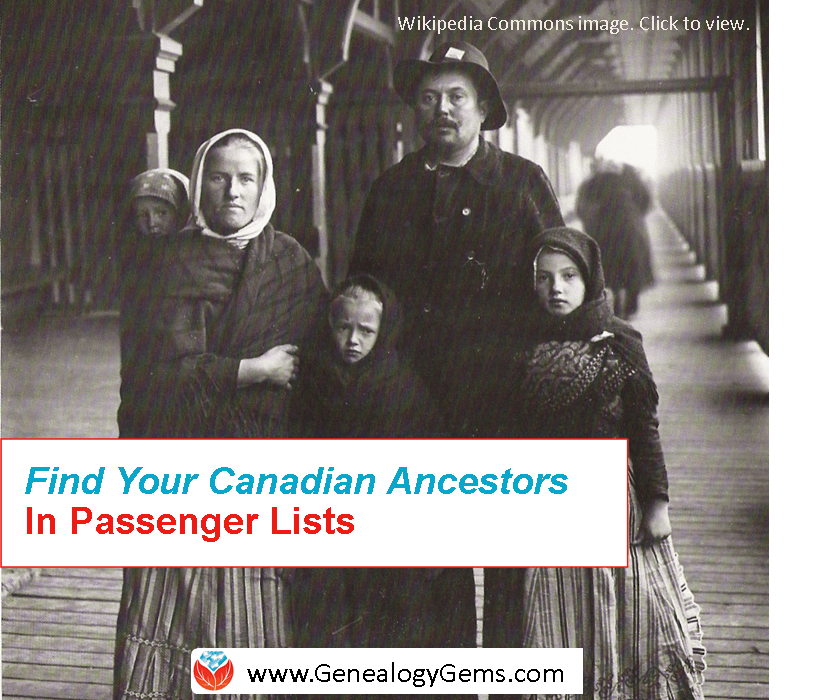
Canadian Passenger Arrival Lists: The Good and Bad News
There’s good news and bad news for those searching for Canadian passenger arrival lists.
The Bad News:
You won’t find a lot of Canadian passenger arrival lists before 1865. There are no comprehensive nominal lists of immigrants arriving prior to 1865 in Canada according to the Library and Archives Canada. Unfortunately, those lists didn’t generally survive.
Those that have can be scattered amongst various French and British collections.
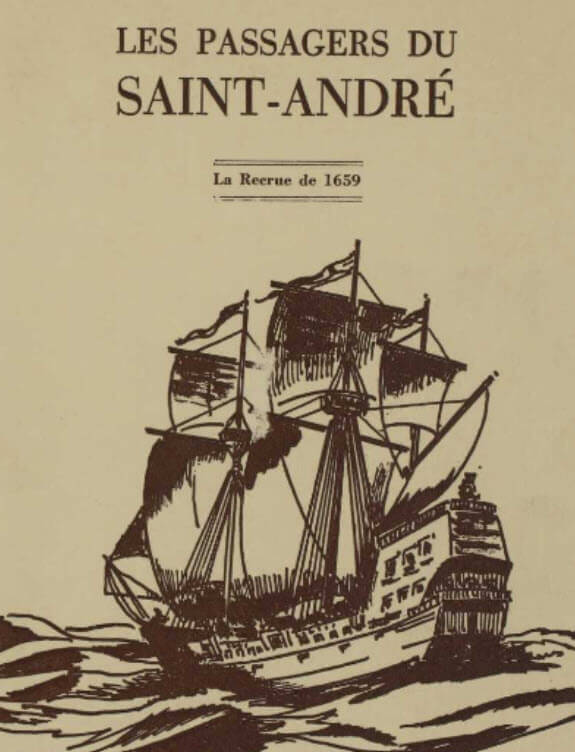
“Les passagers du Saint-André : la recrue de 1659” is among the French resources at the Library and Archives Canada.
Visit the Passenger Lists page at the Library and Archives Canada here for details lists, years and microfilm numbers.
Good news:
You will be able to find a lot of records after 1865.
And the news gets even better. These records can easily be found online!
“The passenger lists are the sole surviving official records of the arrival of the majority of people accepted as immigrants in Canada,” says a Library Archives Canada webpage. “The passenger list is a list of immigrants arriving at an official port of entry on a particular ship on a given date.
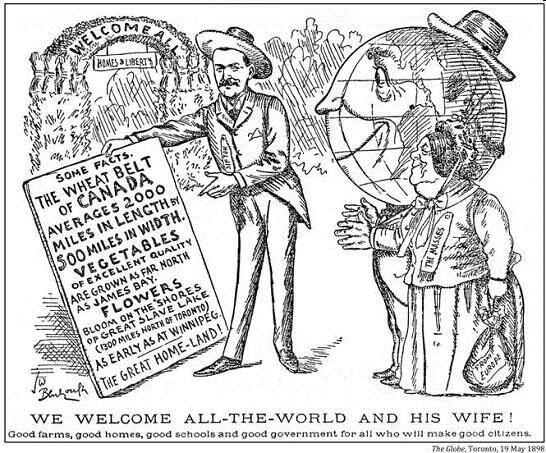
Newspaper advertising was used to attract immigrants to Canada
Information Found in Canadian Passenger Lists
Generally speaking, each manifest provides the following information:
- the name of the ship
- port(s)
- date(s) of departure and arrival in Canada
- names
- ages
- sex
- professions or occupations
- nationalities
- destinations
The earlier lists aren’t always so detailed. But in some cases, other lists have information about the travelers’:
- health
- religion
- previous travels to Canada
- family members
- and how much they carried in their wallets.
Where to Search for Canadian Passenger Lists 1865-1922
Start your search for free in the Passenger Lists, 1865-1922 collection at the Library and Archives Canada website.
The city of Quebec, the major arrival port for many years, is covered for nearly that entire time span.

Quebec: Major Arrival Port in Canada
If you find it easier to search for these records in genealogy websites (so you can attach them to individuals in your tree), or if you’re specifically looking for passengers whose final destination was the U.S., check out these databases:
Canadian Passenger lists, 1881-1922 at FamilySearch.
The database includes records for Canadian ports:
- Quebec City,
- Halifax,
- St. John,
- North Sydney,
- Vancouver
- Victoria
- U.S. ports for passengers who reported Canada as their final destination.
Canadian Passenger Lists, 1865-1935 at Ancestry.
Quebec ports are included for these time periods:
- May 1865–Jun 1908,
- Jun 1919–Jul 1921,
- Apr 1925–Nov 1935.
U.S., Passenger and Crew Lists for U.S.-Bound Vessels Arriving in Canada, 1912-1939 and 1953-1962 at Ancestry.
Nearly 100,000 records of travelers to the U.S. via Canada are recorded for the ports of:
- Montreal
- Quebec
- Saint John
- New Brunswick
- Halifax
- Nova Scotia
- Vancouver
- British Columbia
- Victoria
- British Columbia
- Toronto
- Ontario
- Quebec
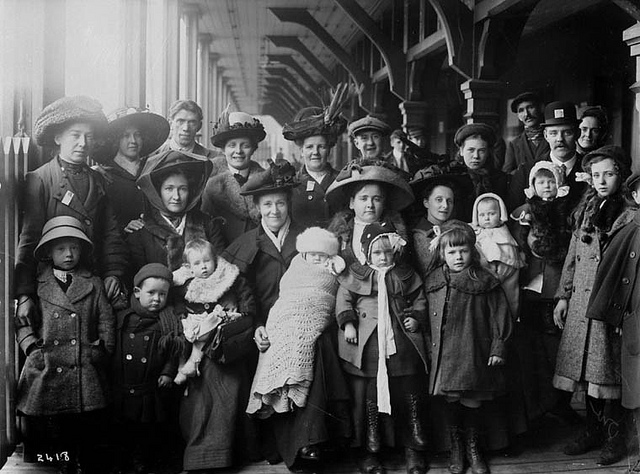
Mixed group immigrants, Quebec
More Great Canada Genealogy Resources
We have several more resources to assist you in your Canadian family history research.
- Click here to learn why Quebec Church Records are a Great Place to Look for Ancestors.
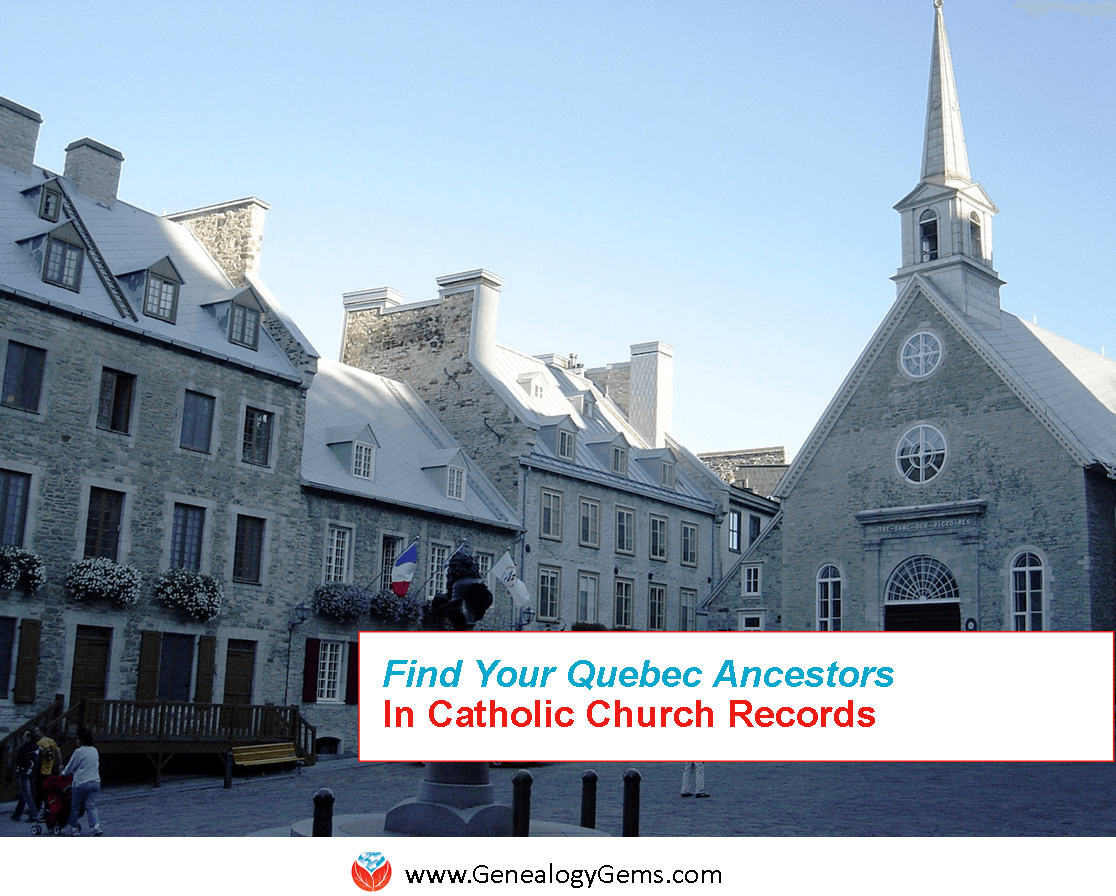
Notre-Dame-des-Victoires Church, Basse-Ville (Lower Town). Wikimedia Commons image; click to view.
by Lisa Cooke | Oct 20, 2015 | 01 What's New, Android, Apps, iPad, Mobile
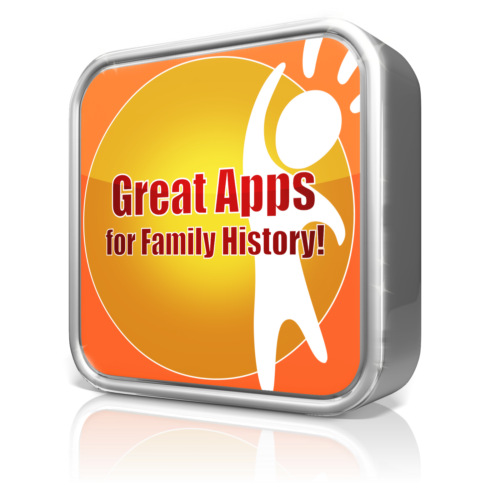 Looking for family history apps? Check out these recent recommendations.
Looking for family history apps? Check out these recent recommendations.
Recently Diane Haddad over at Family Tree Magazine featured 5 fun family history apps on the Genealogy Insider blog. She kindly shared them with us. (Thanks, Diane!)
1. Today In History provides headlines, quotes and images of important historical events from today’s date in history. It’s available for iPad and Android (Diane had to keyword-search its creator, Downshift LLC, to find it in the Android App Store).
2. Streetmuseum from the Museum of London lets you see the streets of your London ancestors. Select a destination from a London map or use your GPS to locate an image near you. Hold your camera up to the present day street scene and see the same London location from years ago on your screen. Information buttons give you historical facts. It’s available for iPad and Android.
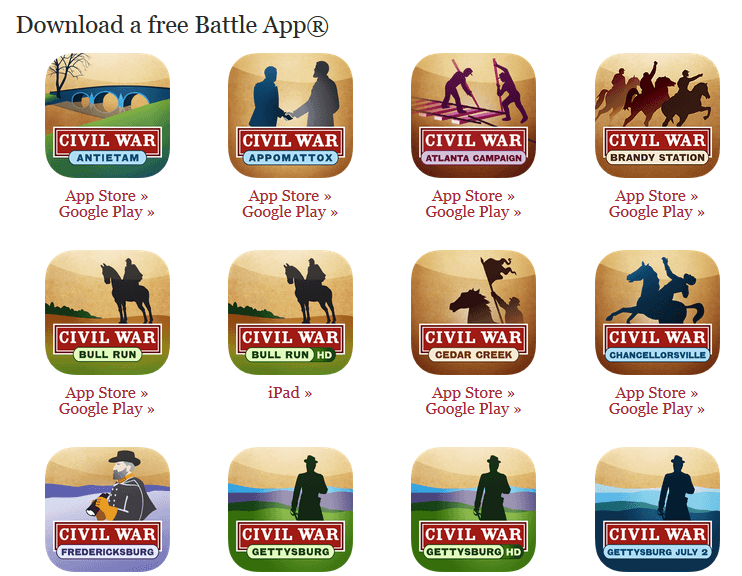 3. Civil War Battle Apps from the Civil War Trust are GPS-enabled guides to 17 well-known Civil War battles. Use them at the battlefield for a self-guided tour or remotely for a virtual tour. The battle maps show your location on the battlefield, and many have time-phased maps that show where Union and Confederate units were located at key moments. You also can see videos with experts and hear accounts from those who fought. These are available for iPad and Android.
3. Civil War Battle Apps from the Civil War Trust are GPS-enabled guides to 17 well-known Civil War battles. Use them at the battlefield for a self-guided tour or remotely for a virtual tour. The battle maps show your location on the battlefield, and many have time-phased maps that show where Union and Confederate units were located at key moments. You also can see videos with experts and hear accounts from those who fought. These are available for iPad and Android.
4. Biblion: The Boundless Library from the New York Public Library draws on the library’s records, photos, ephemera and other archival collections to take you on a tour of the 1939-40 New York World’s Fair. (A second edition of Biblion covers the writing of Mary Shelley’s Frankenstein.) Available for iPad.
5. History Here, a location-based app from the History Channel, lets you learn about thousands of historical places all over the United States. You can let your GPS set your location to learn about nearby historic sites, or choose any location in the app. Available for iPad and Android.
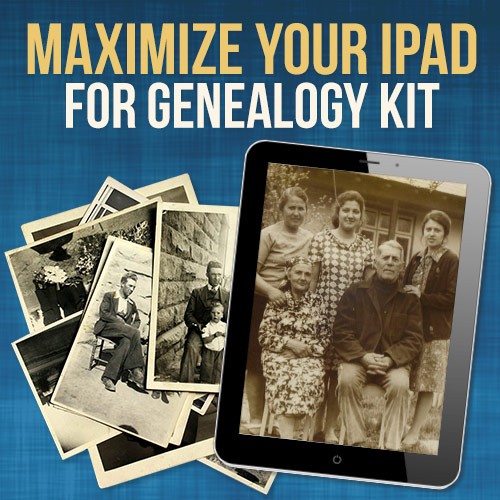 We love these family history app recommendations! Family Tree Magazine sells a great Maximize your iPad for Genealogy Kit on their website, which includes a webinar I did for them called “iPad: Your Ultimate Genealogy Tool” and an e-book version of my book Turn Your iPad into a Genealogy Powerhouse.
We love these family history app recommendations! Family Tree Magazine sells a great Maximize your iPad for Genealogy Kit on their website, which includes a webinar I did for them called “iPad: Your Ultimate Genealogy Tool” and an e-book version of my book Turn Your iPad into a Genealogy Powerhouse.
More Resources from Genealogy Gems on Mobile Genealogy:
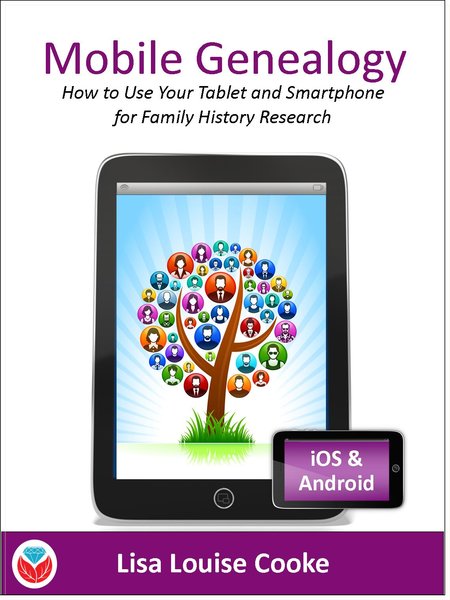 Mobile Genealogy: How to Use Your Tablet and Smartphone for Family History Research (2016 print book)
Mobile Genealogy: How to Use Your Tablet and Smartphone for Family History Research (2016 print book)
7 Great Ways to Use Your iPad for Genealogy and Family History
Video: Genealogy on the Go with the iPad (Premium website subscription required)
by Lisa Cooke | Oct 19, 2015 | 01 What's New, Ancestry, NARA
The US National Archives has signed agreements with FamilySearch and Ancestry to put more of the Archives’ unique genealogical treasures online. We think that’s worth shouting about!
The National Archives has been working with FamilySearch and Ancestry for years to digitize genealogical treasures from its vaults. Contracts have been signed to continue efforts with both partners to digitize even MORE genealogy records at the National Archives: MORE birth, marriage, death, immigration and military service records! Here are some highlights from the contract:
1. Partners will now “be able to post segments of large collections immediately, rather than waiting for the entire collection to be completed.” This sounds familiar to users of FamilySearch, which regularly dumps un-indexed chunks of digitized content onto its site just to make it available faster.
2. The updated agreement contains provisions to protect “personally identifying information.”
3. Ancestry will have a shorter time period (by 12-24 months) during which they have exclusive rights to publish the images together with the index. After that, the National Archives can put the material on its site and/or share it with other partners.
4. The National Archives “will continue to receive copies of the digital images and metadata for inclusion in its online catalog….The public will be able to access these materials free of charge from National Archives research facilities nationwide [not online]. Ancestry.com makes the digitized materials available via subscription.”
What kind of data is already online from The National Archives?
FamilySearch and Ancestry already host digital images of millions of National Archives documents: U.S. federal censuses. Passenger lists. Border crossings. Naturalization records. Compiled military service records. Freedman’s Bank and Freedmen’s Bureau records (the latter are currently being indexed). Federal taxation records. And the list goes on! According to the press release, before these partnerships began, “many of these records were only available by request in original form in the research rooms of the National Archives.”
Click here  to search all the National Archives content on Ancestry (more than 170 million images; subscription required to view).
to search all the National Archives content on Ancestry (more than 170 million images; subscription required to view).
Just in case you’re wondering (and I was wondering), The National Archives isn’t playing favorites with their partnerships. This list shows that a National Archives partnership is pending with Findmypast. They’re already working with Fold3. I wasn’t surprised to see the John F. Kennedy Library on their list, but I wouldn’t have guessed the Royal Commission on the Ancient and Historical Monuments of Scotland!
Click to read more National Archives gems on our website:
Celebrate the U.S. Constitution with National Archives Resources
National Archives Digitizing Projects: Colonial, WWII, Jewish and More
National Archives Regional Facilities Closing or Consolidating
by Lisa Cooke | Oct 18, 2015 | 01 What's New, Conferences
The Texas State Genealogical Society 2015 Family History conference kicks off in less than 2 weeks. I’ll be there! Can you come? Here’s a discount code just for Gems  fans!
fans!
My home state of Texas does EVERYTHING in a big way. So it’s no surprise the upcoming Texas genealogy conference will pack so much into their 2-day event, October 31 – November 1. Here’s a run-down of the weekend AND my friends-and-family discount code that you can use to save on registration.
2 KEYNOTE SPEAKERS. I’m looking forward to sharing the keynote stage with J. Mark Lowe, an expert genealogist and a very skilled and fun teacher. I think we’ll all have a lot of fun during these presentations.
GET-IT-DONE WORKSHOPS. Come and learn super practical skills to move your family history research ahead! I’m teaching “Learn How to Time Travel with Google Earth” and “How to Use Evernote for Genealogy” (Levels 1 and 2). Mark will teach a workshop on Genealogical Research in the South and another called “Following a Case through Court.”
43 CLASSES IN 14 TRACKS. Beginners are welcome–and intermediate/advanced researchers will have plenty to chew on–during 2 days of breakout sessions with topics that include: Genealogy for Beginners, DNA, African-American Research, Courthouse Records & Records Loss, Adoption, Hispanic Research, Methodology, Libraries & Repositories, Historical Context, Societies & Communities, and Digital Genealogy.
Early-bird registration has officially ended, but I have coupon code that passes on my friends-and-family discount to YOU. Use coupon code family20 to get $20 off the $150 fee for the full 3-day registration or coupon code family10 to get $10 off any single-day registrations. Click here to register now.
P.S. You can share this code with YOUR friends and family! Please do, in fact! Thank you!
Click below to read more about attending genealogy conferences:
The Benefits of Attending Genealogy Conferences: Podcast interview with Dick Eastman. Listen for free!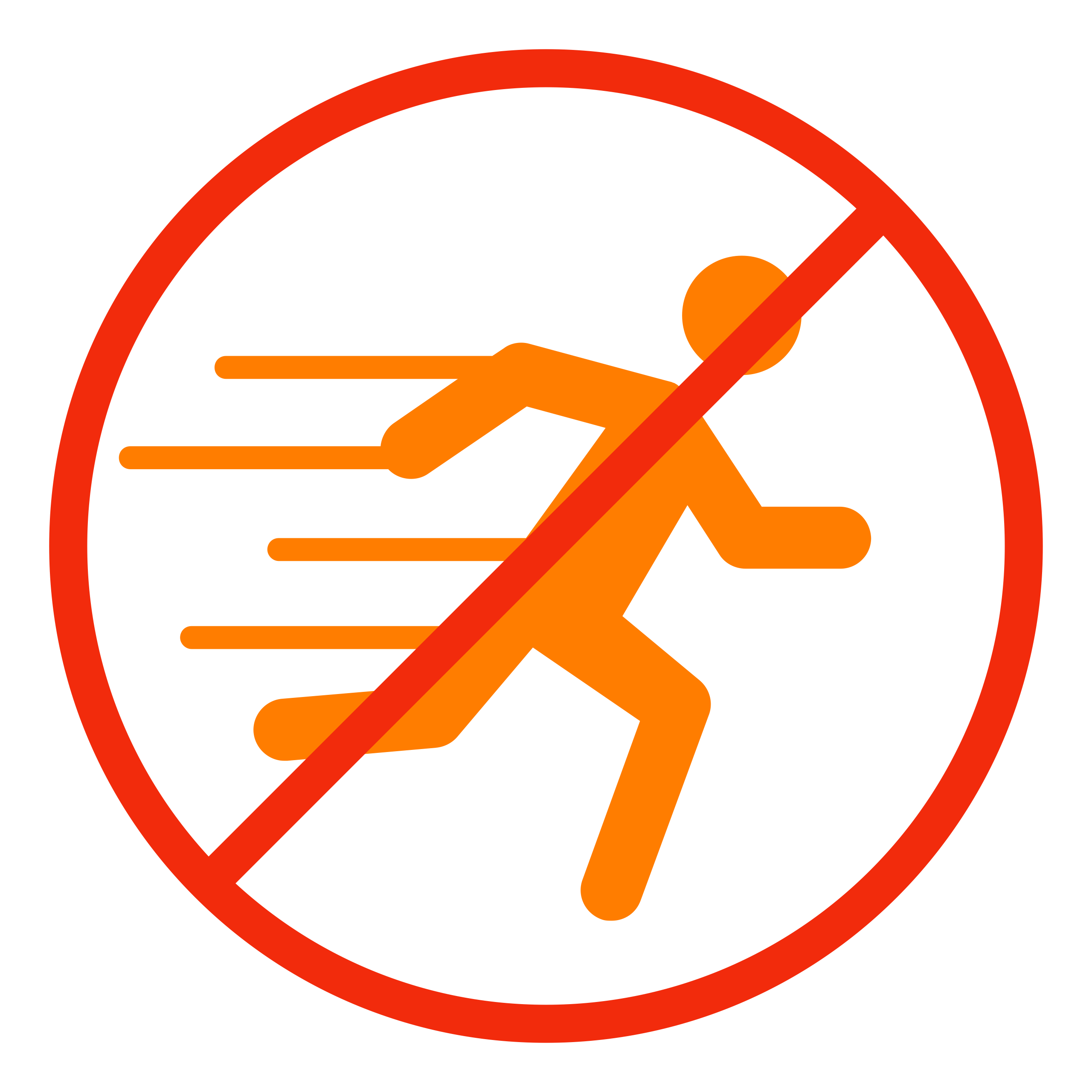
Where Should You Sit at a Genealogy Conference?
by Lisa Cooke | Oct 17, 2015 | 01 What's New, Beginner, Publishing, Writing Family History
The biggest obstacle to writing family history can be getting started. Try one of these prompts to jump-start past the opening paragraph – then join me for my 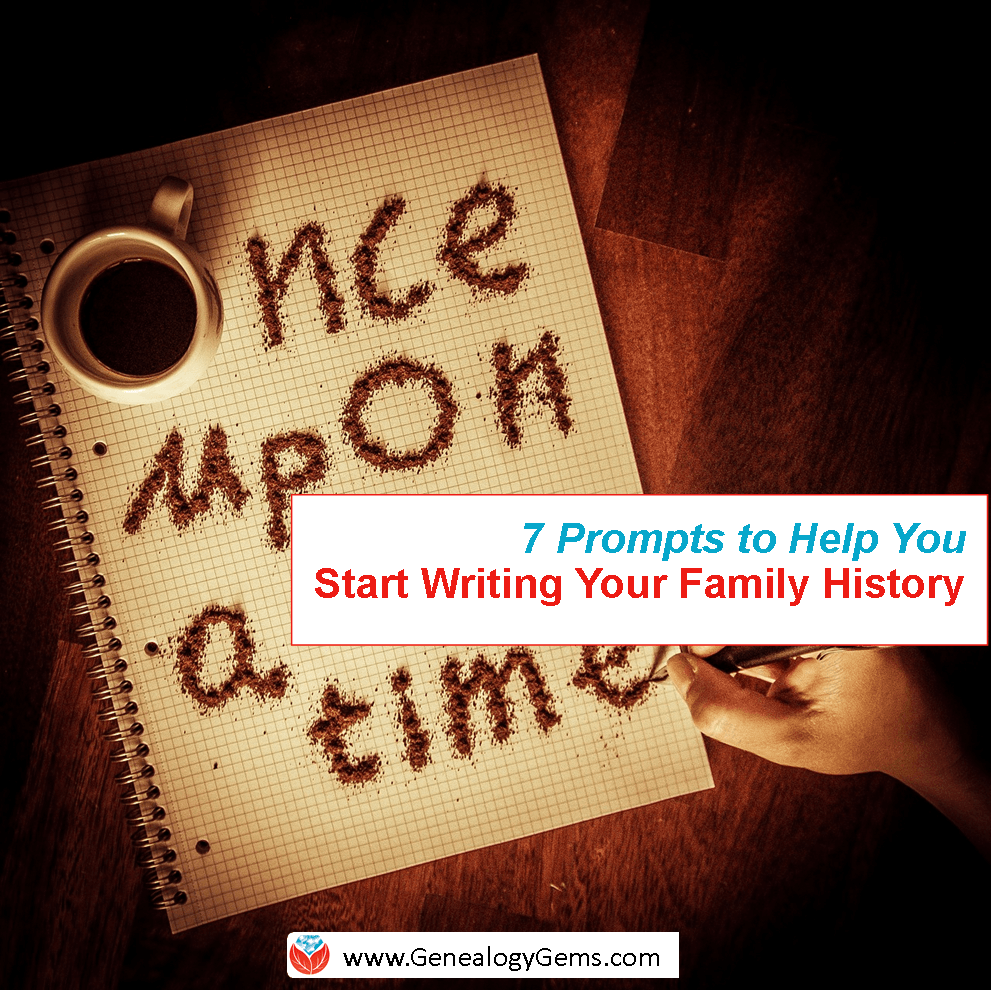 workshop!
workshop!
Have you ever started to write a family history narrative, only to get stuck on the opening paragraph? “Charles John Andrews was born on….” You rattle off dates and parents’ names. Then you realize you’ve bored yourself in the very first paragraph. You give up.
(Note from Lisa: Don’t give up! Keep reading and then sign up for Sunny’s incredible new workshop which starts this week!)
One trick to writing a compelling family history is to find the storylines in our ancestors’ lives. A life isn’t a single story from birth to death. It’s many stories. The steamboat explosion the child survived. Teen years on the farm, attending school part-time. The Civil War skirmish that raged through town and wiped out the family farm.
The following series of writing prompts can help you identify and sketch out the stories you want to tell. Scan through the list of questions and see who or what story comes to mind. Then take 10-15 minutes and just start writing or typing the story. Don’t worry about grammar. Don’t go back and look up historical details. Just write:
1. The course of _____’s life totally changed when….
2. A big mystery in my family history is….
3. If I could meet _____, I would ask him/her _____ and this is why….
4. I am fascinated by my “black sheep” ancestor, who….
5. My ancestor lived through a (frightening, important, rapidly-changing) time in history. Here’s what was going on, and here’s his/her story.
6. A great love story in my family is the story about _____ and _____. This is how it goes.
7. I often wonder whether the life of _____ was as (sad/exciting/lonely/boring) as I imagine. Here’s what I know….
The real purpose of these writing prompts is to help you identify the stories you most want to tell–and to get you excited about telling them! But you should also find a use for these brainstorming paragraphs. Copy them into a blog post. Expand on them for a short biographical sketch you can share with your family. Expand even more, and you’ve got an article for your local genealogical society’s newsletter.
Come Learn with Me in this Week’s Writing Workshop!
Now is the time to write some your family history, and I’m here to help and support you. THIS WEEK I am leading the fun and productive Genealogist’s Essential Writing Workshop at Family Tree University. It starts October 19. You can do this and I’m here to help!
Click to Read These Gems to Help You Write Your Family History:
How to Start a Genealogy Blog podcast series. Episodes 38-42 of the FREE Family History Made Easy podcast will get you blogging your family history 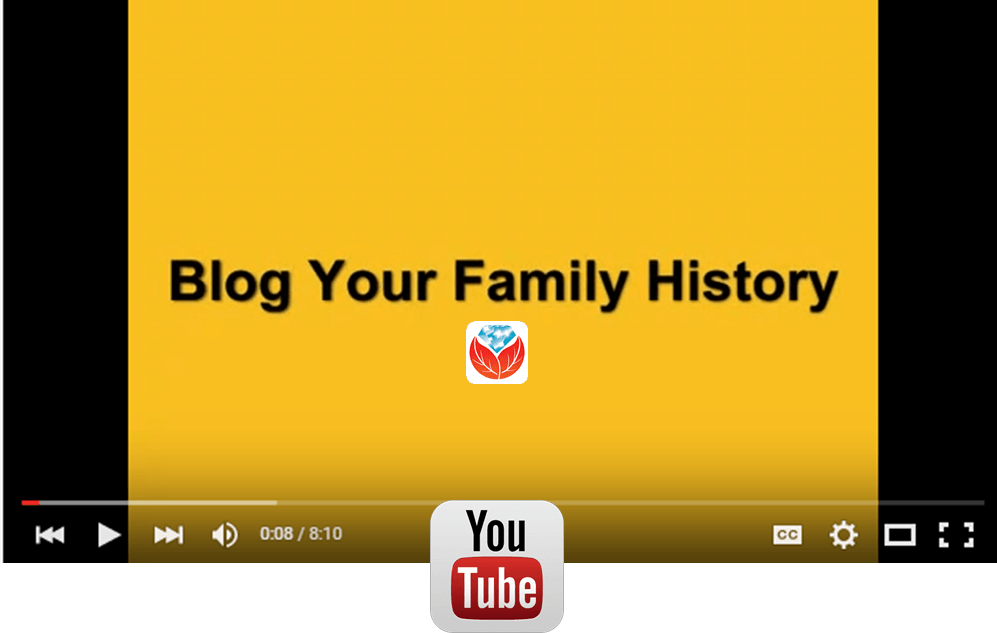 right away!
right away!
Easy Project to Write Your Family History: Publish a Q&A
7 Reasons to Start a Family History Blog








 We love these family history app recommendations! Family Tree Magazine sells a great Maximize your iPad for Genealogy Kit on their website, which includes a webinar I did for them called “iPad: Your Ultimate Genealogy Tool” and an e-book version of my book Turn Your iPad into a Genealogy Powerhouse.
We love these family history app recommendations! Family Tree Magazine sells a great Maximize your iPad for Genealogy Kit on their website, which includes a webinar I did for them called “iPad: Your Ultimate Genealogy Tool” and an e-book version of my book Turn Your iPad into a Genealogy Powerhouse.
 fans!
fans!
 workshop!
workshop! right away!
right away!


